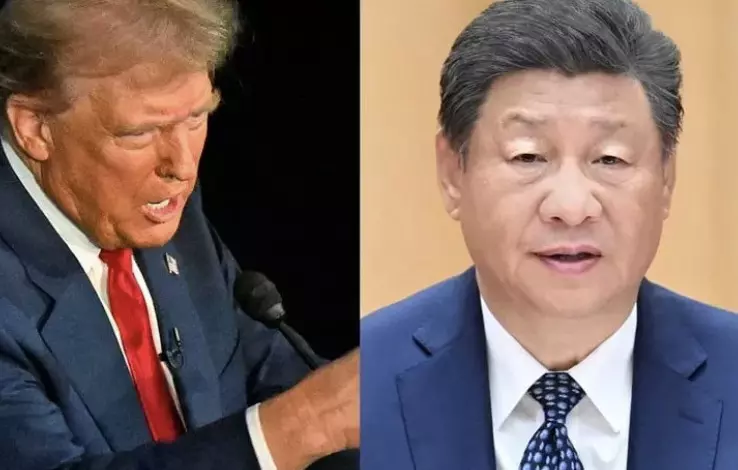China responds to America's withdrawal from WHO
China responds to America's withdrawal from WHO

China reaffirmed its support for two major international agreements, the World Health Organization (WHO) and the Paris climate accord, on Tuesday. The announcement followed newly re-elected U.S. President Donald Trump's decision to withdraw the United States from both accords.
China’s renewed commitment underscores its stance as a key player in global health and environmental efforts amid shifting U.S. policies.US President Donald Trump has formally initiated the United States' withdrawal from the World Health Organization (WHO) by signing an executive order. This decision, announced during a flurry of executive actions on his first day back in office, has sparked widespread concern among global health experts.
The withdrawal, which will take full effect in January 2026 due to a congressional resolution requiring a year's notice and the repayment of outstanding obligations, halts all US government funding and resources to the WHO.
WHO Faces a Major Financial Blow
As the largest financial contributor to the WHO, the US has played a vital role in its operations, funding nearly a quarter of the organization’s budget through a mix of mandatory membership fees and voluntary contributions. In the current funding cycle alone, the US has contributed nearly $1 billion.
Voluntary contributions allow donors to earmark funds for specific programs, a mechanism heavily utilized by the US. Gian Luca Burci, a global health law expert, emphasizes that this arrangement has historically given the US significant influence over global health initiatives, including those related to pandemics and disease surveillance.
Without US funding, the WHO faces a daunting challenge of finding alternative sources of income or scaling back its programs.
Implications for US and Global Health
Health experts warn that the withdrawal will hinder the ability of both the US and the WHO to address critical health challenges. Lawrence Gostin, a global health law professor, called the move an "own goal," arguing it undermines US national security by reducing access to vital global health data and cooperation.
For instance, diseases like avian influenza (H5N1) require international collaboration to monitor and contain. Without WHO membership, the US risks losing access to essential data needed to protect its borders from infectious diseases.
Criticism of WHO and the Potential for Reform
Trump's decision to leave the WHO comes amid longstanding criticisms of the organization’s operations, which intensified during the COVID-19 pandemic. He has accused the WHO of being overly influenced by China and claimed the organization has not been transparent or accountable.
While WHO reforms have been underway, Trump’s approach has been seen by some as an opportunity to force further changes. Gostin suggests Trump could use his influence as a “dealmaker” to advocate for a stronger and more transparent WHO, benefiting both the US and global health efforts.
The Road Ahead
As Trump’s administration explores alternatives to WHO programs, many experts stress the limitations of unilateral action in addressing global health crises. “Preventing the spread of pathogens across borders requires international cooperation,” Gostin remarked.
Although the withdrawal signals a dramatic shift in US-WHO relations, some hope for a renegotiated partnership that strengthens global health governance rather than undermining it.
For now, Trump’s decision leaves questions about the future of global health cooperation and the US’s role in tackling international health crises.

